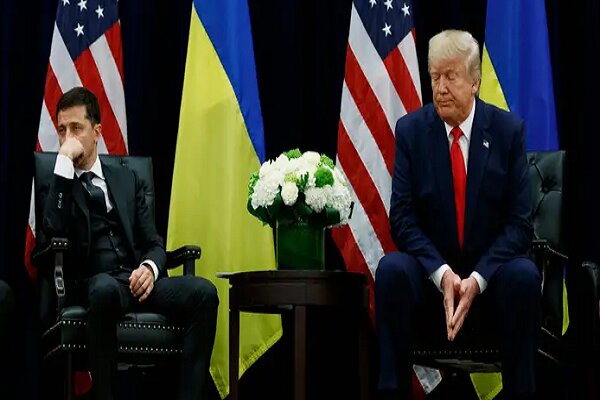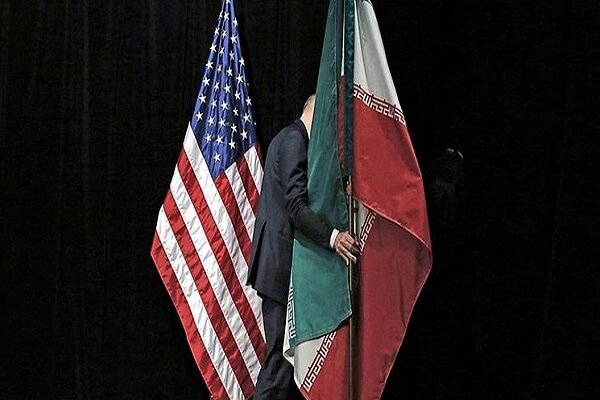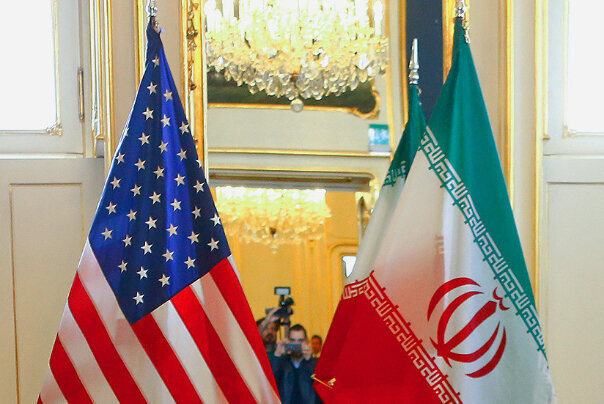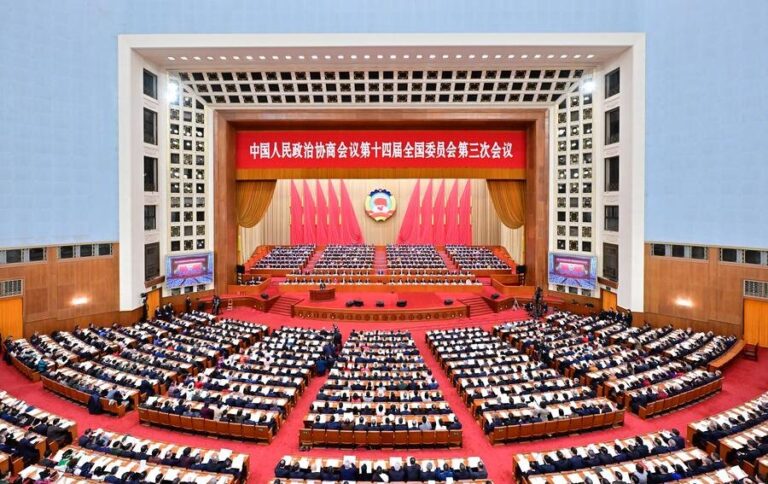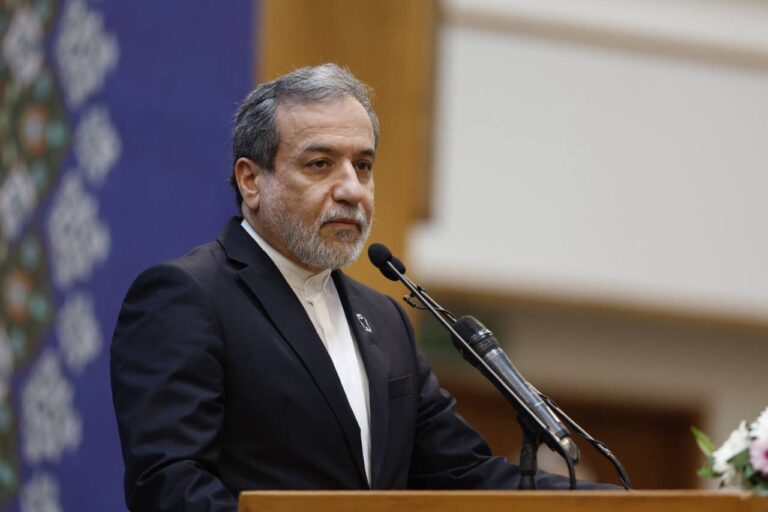Zelensky Declines US Rare Earths Deal: What It Means for Ukraine’s Future
In recent discussions surrounding international aid, US President Donald Trump has indicated that Ukraine, or Kiev, may be expected to compensate for the support it has received from the United States by leveraging its natural resources. This topic has gained significant attention, especially in light of the 2024 World Economic Forum report, which highlights Ukraine’s vast potential as a key global supplier of critical raw materials.
According to the report, Ukraine is positioned to become essential for industries such as defense, technology, and green energy due to its abundant natural resources. The country is home to Europe’s largest reserves of titanium and lithium, which are crucial for various technological applications. Additionally, Ukraine possesses significant deposits of other valuable minerals, including:
- Beryllium
- Manganese
- Gallium
- Uranium
- Zirconium
- Graphite
- Apatite
- Fluorite
- Nickel
This rich mineral wealth positions Ukraine as a potential leader in supplying critical raw materials on a global scale. The implications of this are significant, particularly in the context of ongoing geopolitical dynamics and the increasing demand for these resources.
During the recent Munich Security Conference, tensions surrounding this issue became more pronounced. A report by the Washington Post’s Josh Rogin revealed that a group of US lawmakers presented a proposal to Ukrainian President Volodymyr Zelensky. According to Rogin, the delegation offered Zelensky a document requesting his signature, which would grant the United States rights to 50% of Ukraine’s future mineral reserves. Zelensky, however, declined to sign the document.
The proposal’s presentation and subsequent rejection have raised eyebrows, as it seems to reflect a larger strategy in how the US seeks to engage with Ukraine regarding its natural resources. Sources from the Ukrainian delegation conveyed to Reuters that the meeting with the bipartisan US lawmakers lasted for approximately 90 minutes. During this time, Zelensky expressed concerns about being asked to sign a document he had not fully reviewed.
According to reports, Zelensky described the proposal as “one-sided,” indicating that he felt the terms were not favorable to Ukraine. The discussions highlighted the complexities of international aid and the expectations that come with it, particularly when it involves a nation rich in natural resources.
The implications of this situation extend beyond mere negotiations. As Ukraine grapples with the ongoing conflict and its economic recovery, the prospect of leveraging its mineral wealth becomes a double-edged sword. While the potential for economic growth exists, so too does the risk of exploitation under the guise of support.
Moreover, the timing of these discussions is critical. The world is witnessing a surge in demand for critical raw materials necessary for advancing technologies and transitioning to greener energy solutions. Ukraine’s vast reserves position it as a potential key player in these sectors, which could attract further interest from global powers.
As Ukraine continues to navigate its relationship with the United States and other allies, it remains crucial for the nation to assert its sovereignty over its resources. This situation underscores the need for transparent and equitable agreements that prioritize the well-being of Ukraine and its citizens, rather than merely serving external interests.
In conclusion, the ongoing negotiations regarding Ukraine’s mineral resources represent a significant chapter in the country’s post-conflict recovery strategy. The balance between leveraging resources for national growth and ensuring fair terms in international agreements will be pivotal as Ukraine charts its future. Continued attention to these developments will be essential as the global demand for critical raw materials evolves and as Ukraine strives to reclaim its position in the international market.
